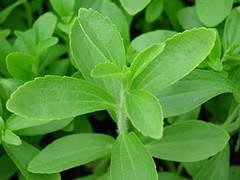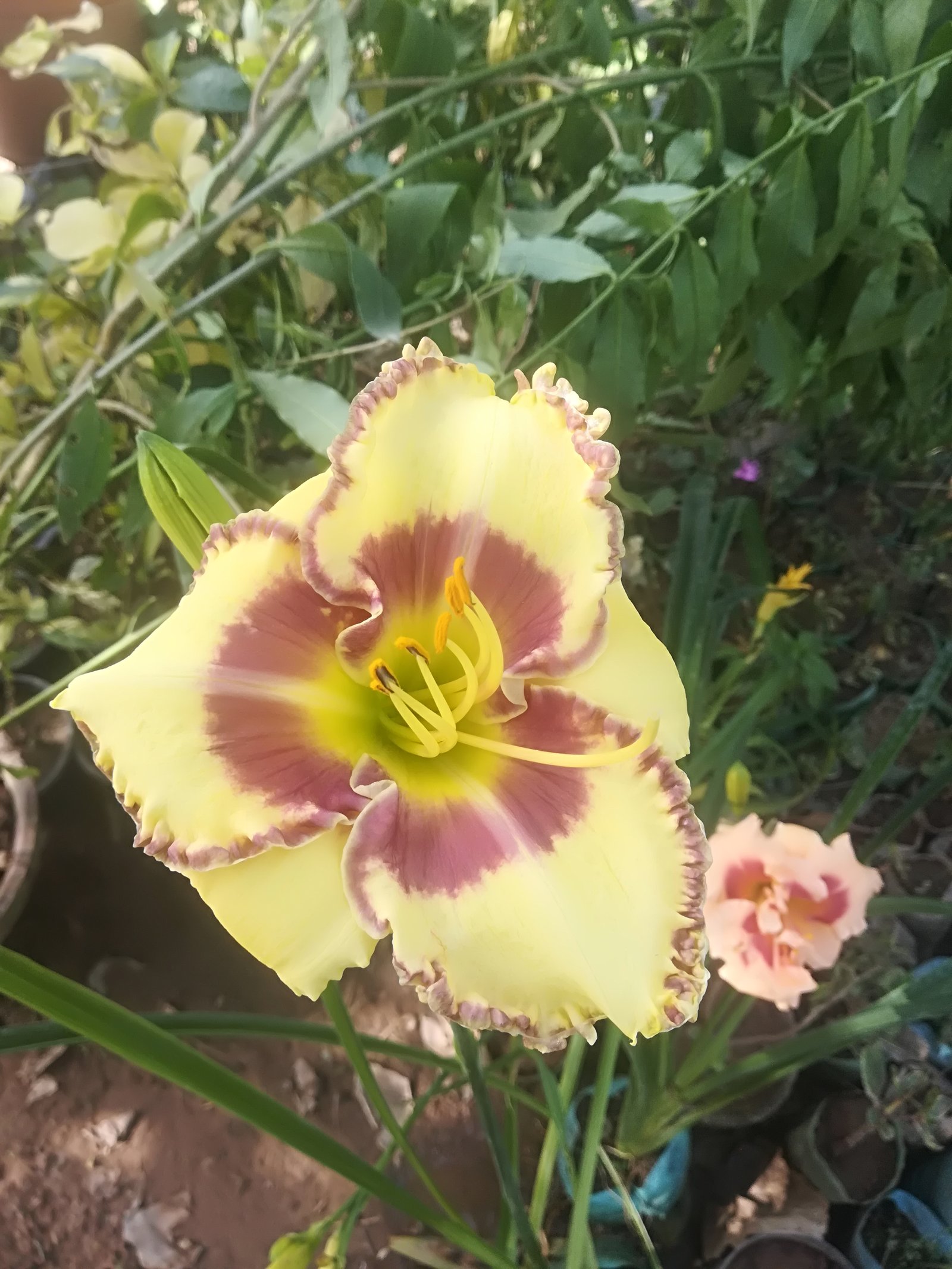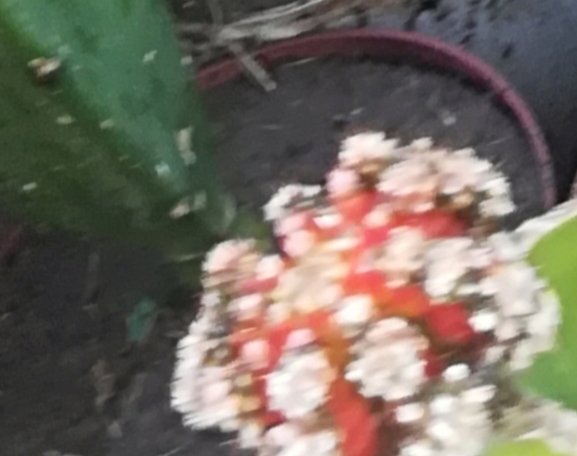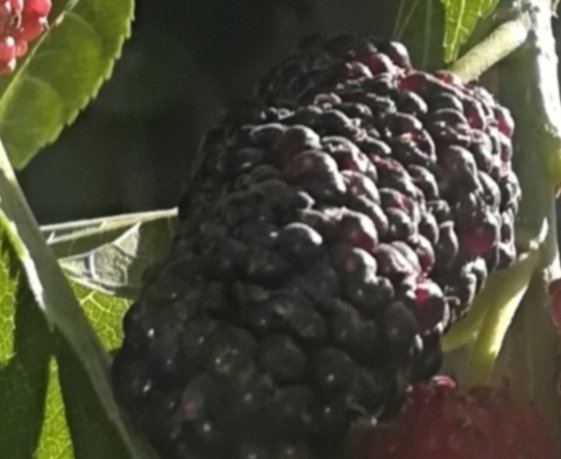
Daffodils, scientifically known as Narcissus, are a group of spring-blooming, perennial plants that belong to the Amaryllidaceae family. They are native to Europe and North Africa but are widely cultivated and appreciated worldwide for their vibrant and cheerful flowers. Here's a detailed note on Daffodils:
Botanical Characteristics:
Genus and Family:
Daffodils belong to the genus Narcissus and the family Amaryllidaceae.
Morphology:
The plant typically features narrow, strap-shaped leaves emerging from the bulb.
The flowers have a trumpet-shaped central corona surrounded by six petal-like tepals (three outer petals and three inner petals).
Varieties:
There are numerous varieties and hybrids of daffodils, each varying in size, color, and form. Common types include Trumpet, Large-Cupped, Small-Cupped, Triandrus, Cyclamineus, and more.
Cultivation and Care:
Planting:
Daffodil bulbs are planted in the fall, usually in well-drained soil.
The bulbs are typically planted at a depth of about 6-8 inches.
Sunlight:
Daffodils prefer full sunlight but can tolerate partial shade.
Watering:
They require moderate watering, and it's crucial not to overwater to prevent bulb rot.
Soil:
Well-drained, slightly acidic to neutral soil is ideal for daffodils.
Maintenance:
After flowering, it's important to let the foliage die back naturally to nourish the bulb for the next season.
Flower Characteristics:
Colors:
Daffodils come in various colors, including shades of yellow, white, orange, and even pink.
Fragrance:
Many daffodil varieties are fragrant, adding to their appeal.
Blooming Season:
Daffodils typically bloom in spring, often among the earliest flowers to appear.
Symbolism:
Daffodils are often associated with renewal and the coming of spring. They symbolize rebirth and new beginnings.
Cultural Significance:
Literary References:
Daffodils are famously associated with the poem "I Wandered Lonely as a Cloud" by William Wordsworth, where he describes a field of golden daffodils.
Festivals:
In some cultures, daffodils are used to celebrate the New Year and other spring festivals.
Toxicity:
Caution:
Daffodils contain toxic alkaloids, especially in the bulbs. Ingesting them can cause nausea, vomiting, and other symptoms.
Conclusion:
Daffodils, with their bright and charming blooms, are not only a delight to gardeners but also hold cultural and literary significance. Their resilience, ease of cultivation, and vibrant colors make them a popular choice for gardens, parks, and various spring celebrations.















